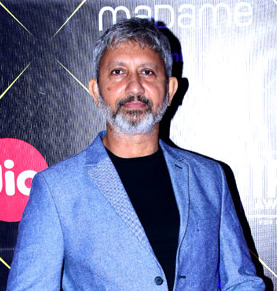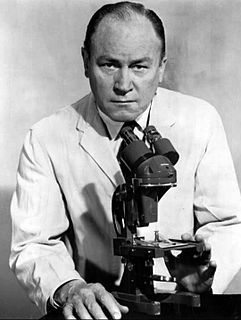A Quote by Deborah Moggach
Once a character has gelled it's an unmistakable sensation, like an engine starting up within one's body. From then onwards one is driven by this other person, seeing things through their eyes.
Related Quotes
It really comes down to parsimony, economy of explanation. It is possible that your car engine is driven by psychokinetic energy, but if it looks like a petrol engine, smells like a petrol engine and performs exactly as well as a petrol engine, the sensible working hypothesis is that it is a petrol engine.
Photography is solitary and there are lags between seeing with your eyes and seeing through the lens, and then seeing the image on your computer... I often see things after the fact. So there’s a revelatory quality. And this definitely includes a sense of playfulness, because you’re not sure what the consequences are going to be.
I find that’s one of the great things about acting-you have the opportunity to stand in somebody else’s shoes. Each character faces a dilemma in her life, and as an actor you’re able to step into that character’s skin, look through her eyes. You leave transformed, a different person, because once you live a little bit of someone’s life, it changes you.
It’s not the body that people love, but the soul. The body is a temporary vehicle. Without the soul, the body is like a car without a driver. I see through my eyes, smell through my nose, taste through my tongue, hear through my ears, feel through my skin, think through my brain, and love through my heart. But who am I? Who is the witness, enjoyer and sufferer that activates my body?
For me, a lot of Discipline was very personal writing, like writing through and working out being inside this gendered body and also the compulsions of the body, the muting of the mind as driven by the body. My father had died some years ago so he haunts the book too, just floats through it ghost-like. But, the writing of every book is different for me. They are so like living creatures, these books, so I don't know what's carried over into the writing of the next things - except maybe that I'm best when I make my writing practice a routine.





































